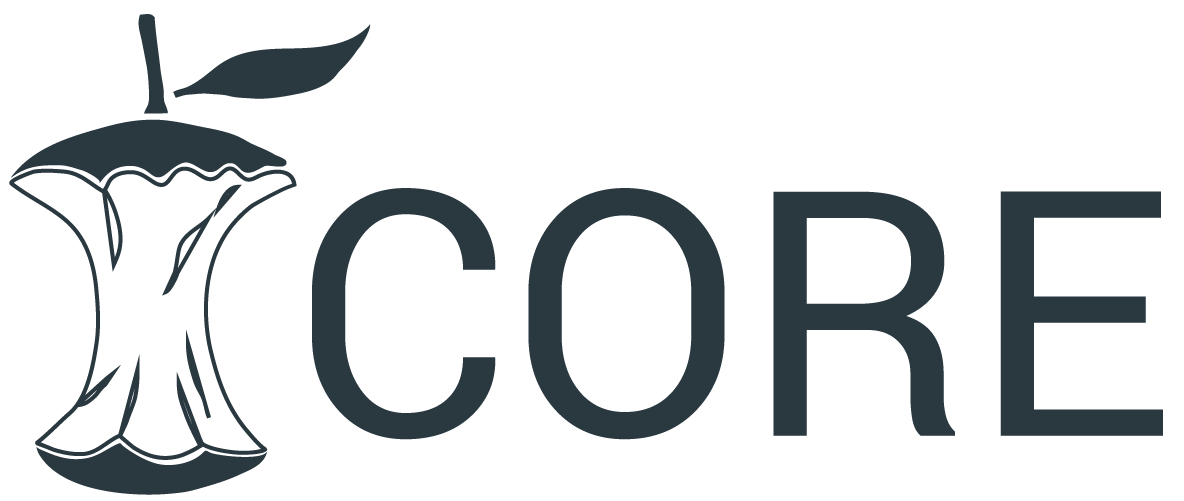Research methods applied to higher education: Cases of digital communication in politics
Synopsis
This chapter examines the research approaches used in political contexts through digital communication. The objective of this work was to provide scholars and professionals working in the public sector with a conceptual and practical framework. Tools such as surveys, focus groups, social network analysis, and political discourse evaluation are offered, based on a mixed-methods approach. The results demonstrate that traditional approaches are insufficient to capture the complexity of behavior in highly dynamic societies like Ecuador. Recent examples, such as the early elections of 2023, show how behavior analysis, beyond declared preferences, can reveal more reliable patterns for projecting communication strategies. Furthermore, the importance of the transmedia method is emphasized in the dissemination of digital surveys, spokesperson management during crises, and discourse analysis. It is determined that effective political research must rely on digital technology, online repositories, analysis software, and interactive platforms; moreover, it should combine the interpretative depth of qualitative analysis with the fidelity of quantitative data. In conclusion, a flexible methodological approach is proposed, one that is committed to ethical and contextualized strategic communication, focused on behavior rather than declarations, and adapted to the fast pace of the digital world.
Published
Online ISSN
Categories
License

This work is licensed under a Creative Commons Attribution-NonCommercial-ShareAlike 4.0 International License.










